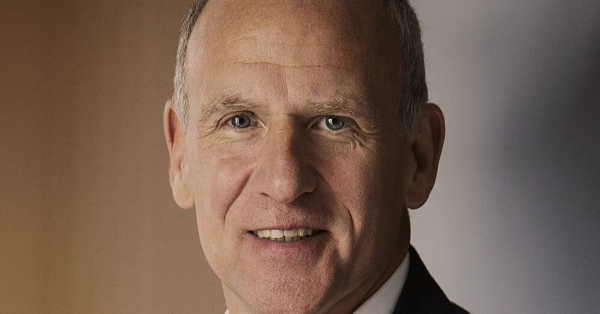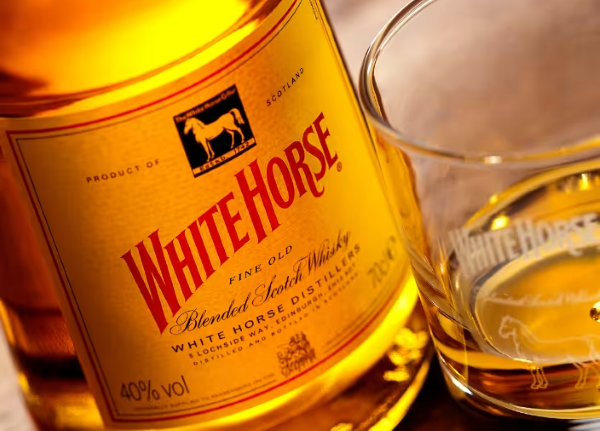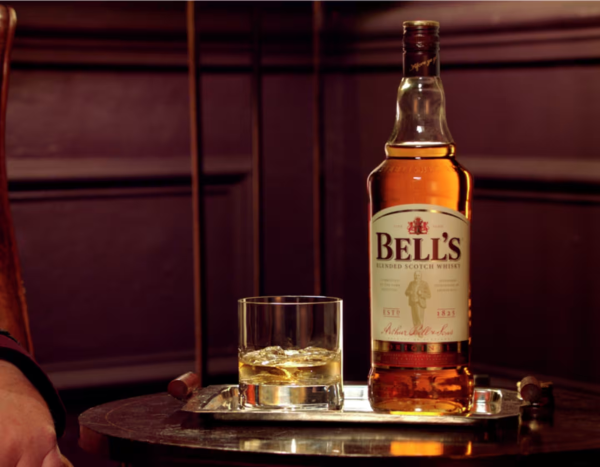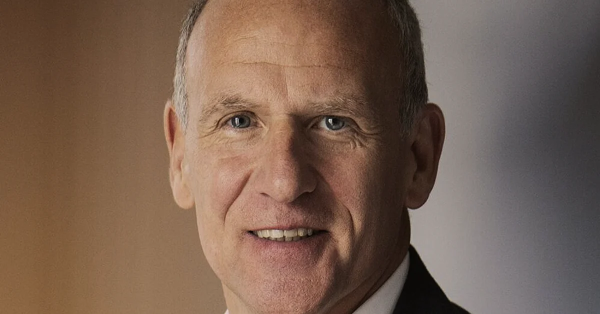Drastic Measures at Diageo Towers
Investors were almost ecstatic when Diageo pulled a rabbit from its Tam O'Shanter and announced that 'Drastic Dave' was to become its next chief executive on 1st January, Ian Fraser assesses the challenges he'll face …
News that Sir Dave Lewis – hailed as a 'turnaround king' for his five years as Tesco chief executive and as 'Drastic Dave' after culling jobs, brands and factories at Unilever – would become CEO sent the group's share 7% higher within minutes, adding £3 billion to is market capitalisation.
"Diageo has pulled a blinder," declared AJ Bell's head of markets, Dan Coatsworth on "Dave Day" - Monday 10 November. Javier Gonzalez Lastra, drinks analyst at Berenberg, hailed the hiring as a "tremendous step", predicting Lewis would rapidly overhaul Diageo's culture. Following the announcement, the investment analysts immediately became more bullish about the company's prospects, with the consensus among the 21 who follow Diageo that the shares would rebound by 31% within a year to £22.35.
It's worth noting however that the shares were trading at more than £40 in late December 2023, giving the company a market cap of £94bn. As I write, the Dave bounce has worn off and they're trading at £17.28, giving Diageo a market cap of £38.5bn.

Diageo has been in the doldrums since Sir Ivan Menezes died just before he was due to retire on 6 June 2023. The company seemed rudderless under his successor Debra Crew, who presided over a shock profits warning at a time of turbulent markets and weakening sales, and she was ousted on 16 July. Her successor as interim CEO, finance director Nik Jhangiani, has steadied the ship but the Sir John Manzoni-led board decided he wasn't the best helmsman to chart a more profitable course.
Lewis is seen as unlikely to make drastic changes within weeks of arriving. Instead, AJ Bell's Coatsworth says: "His style is to listen closely to customers and suppliers and work out what's gone wrong. The focus will be on repair work, not long-term growth."
And it's worth remembering that Diageo had already started to ditch underperforming and non-core brands under Menezes, Crew, and Jhangiani – including the sale of Windsor Global in Korea in October 2023 and the withdrawal from its Distill Ventures accelerator programme in March 2025. In May, Crew and Jhangiani unveiled a plan to further prune the drinks group's 200-strong portfolio of brands, with Jhangiani also hinting that some Scotch distilleries may be closed. Analysts expect Lewis will accelerate the process, using the proceeds to reduce the company's $22bn net debt pile.
Michael La Terriere, international commercial director of Madrid-based Grupo Varma, who has worked for both Inver House and William Grant & Sons, predicts Lewis will consider divesting several of "the huge tail of brands at Diageo, not many of which are generating much value."
"I think the portfolio needs a look at – indeed it's needed a look at for some time," says Nick Morgan who spent 30 years at Diageo including in senior whisky marketing roles. He predicts Lewis may offload both White Horse and Bell's. The former has suffered from the shutdown of the Russian market, where it was a big seller, while the latter has been "a wounded soldier for decades". Morgan also expects Diageo to dispose of regional businesses such as East African Breweries, its Chinese baijiu business, the Ypióca cachaça brand in Brazil, and its Turkish raki operations.

Morgan also suggests his namesake Captain Morgan rum, which joined the portfolio in 2001, could also be for the chop. "Personally, I would get rid of it. It never seemed to fit with Diageo at all." He also expects Lewis will expedite the sale of the Royal Challengers Bengaluru cricket team, which came into its ownership via Vijay Mallya's United Spirits in 2014, and could be worth as much £2 billion.
Yet Morgan expects Scotch brands with strong regional franchises such as Old Parr and Buchanan's — both strong in different parts of Latin America — will be retained, as consumers cannot be expected to switch their allegiance to a Diageo global blend in the event of them being killed off or sold. Nor does he believe that Lewis will exit a whole category; sell Guinness (which UBS analysts believe could be worth £14bn); or sell its 34% stake in Moet Hennessy (which could fetch £16bn),
One issue he will have to contend with when considering asset sales is that the value of many is currently depressed due to the drinks market downturn. Fintan Ryan, analyst at Goodbody, told Reuters: "It's probably not the best time to be actively flogging assets," adding that in-country disposals would be easier to pull off than more global franchises.
Another priority for Lewis will be to reorientate the business back towards the long term, and overcome what some commentators are describing as cultural drift. Morgan says there's been a leadership vacuum at Diageo since 2023. "Paul Walsh and Ivan Menezes were both long-term thinkers, leaders who got the entire company behind them. Everyone knew who they were and what they stood for, and they brought the company together. That hasn't been the case since Ivan's death.
"So, what 'Brand building Dave', which many Diageo people prefer to call him, really has to do on 1 January is be a leader, with everyone behind him." Pennsylvania-based whisky educator Matt Strickland argues that Lewis needs to return the business to its "cultural roots by playing the long game of making and building fantastic spirits".
Morgan says that, across spirits, there's lately been too much faux innovation. "Spirits companies took their eye off long-term brand building, neglecting their core brands to chase this exotic, high-price, short-term, 'let's make quick bucks' area of the business. They would do well to refocus on more affordable things which they know they can sell." La Terriere agrees, saying: "There are too many non-aged Scotch whisky editions with high price-tags but without much substance to them - and Diageo has been a part of that."

Soon after taking the reins at Tesco, Lewis scrapped the dividend to boost the supermarket group's firepower in order to try to reignite growth. Some analysts, including Chris Beckett, analyst at Quilter Cheviot, predict he is likely to do the same at Diageo.
However, there are some things that even 'Drastic Dave' cannot fix. The macroeconomic challenges affecting all distillers – including weaker consumer confidence, Donald Trump's protectionist wall, the impact of weight-loss drugs and a new generation that is "sober curious" – are not going away.

Ian Fraser is a financial journalist, a former business editor of Sunday Times Scotland, and author of Shredded: Inside RBS The Bank That Broke Britain.
